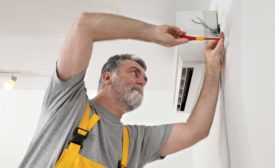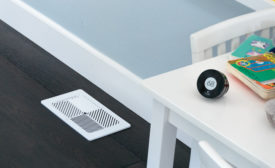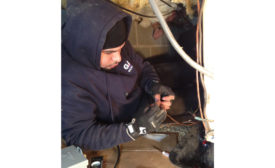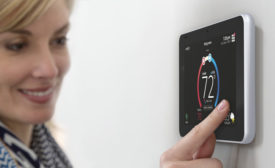Articles by Nicole Krawcke
The Art of Selling Ductless Systems
HVAC industry experts share the secrets they’ve uncovered when it comes to closing the sale
Read More
Intelligent Products Assist HVAC Contractors in the Field and Office
Intelligent products simplify everyday tasks
Read More
When Is It Appropriate for HVAC Contractors to Fire Customers?
Sometimes, doing business with certain people is more hassle than it’s worth
Read More
Copyright ©2025. All Rights Reserved BNP Media.
Design, CMS, Hosting & Web Development :: ePublishing










